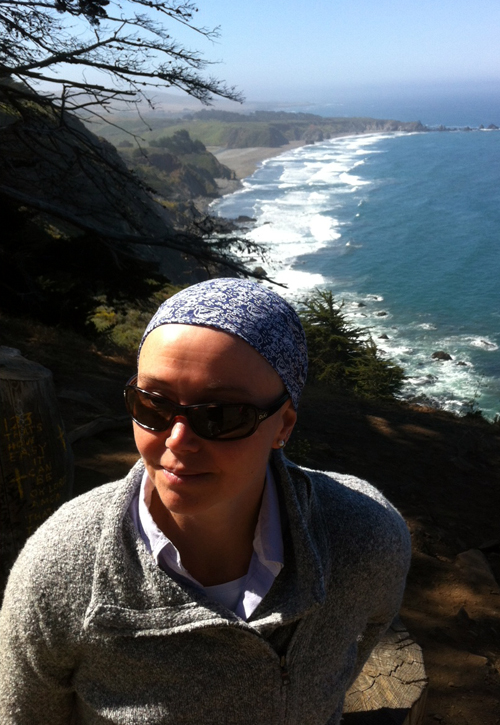
We all know literacy is important – but what about information literacy? Being literate means you have the skills to figure out written words and understand what you’ve read. Information literacy takes that one step forward. Gathering information is rarely the problem – it’s managing, evaluating and working with the almost overwhelming amount of information we encounter.
If you are a U of G student, you have some people on your side to help, including information literacy manager Karen Nicholson. With her team of 10 librarians and library associates, Nicholson helps teach the ability to identify information needs, search for information, locate it, evaluate it and use it appropriately. “You need information literacy to be able to function today,” she says. “Being able to look at information critically is a lifelong skill.”
A big part of what her team does, Nicholson says, is help students find what they need. “People think everything can be found on Google. It can’t. We help them discover how to search beyond that. Google is super-easy to use but not all academic databases are as simple, so sometimes you have to convince people of the value of doing the extra work to find that information.”
She adds that research has found students often jump into searching without first narrowing down the specifics of their searches. “People also tend to skim things when reading on the web, so they look at the first couple of pages of search results, skim and cherry-pick a few things without necessarily reading any of it completely,” she says.
Nicholson and her team help students make sense of their research, frame their search questions with a specific and manageable focus and choose which words to search for. “You also need to know how to evaluate the results you get,” she adds. “Is this an authoritative source? Is it reliable? Is this relevant to my purposes?”
Students also need strategies to manage the information they find so they can track their search process, record the information they have accessed and prepare citations. They also need to be aware of copyright laws and guidelines before using materials they’ve found.
“These may look like academic skills, but they are equally useful after graduation,” says Nicholson. “These are the skills students will later need when searching for work, managing their online identities and evaluating health or other consumer information they find on the internet.”
In addition to helping students, Nicholson and her team also work with faculty and they’re eager to adopt more “blended learning” approaches. She explains that blended learning involves a mix of face-to-face work and online work.
“Today we do a lot of face-to-face with some online, but we’d like to change the proportions. One end of the spectrum is the flipped class, where most of the learning is done outside of the classroom and online. When the students are in the classroom, the time is spent on working through problems as a group.” A blended learning librarian was recently hired to facilitate the exploration and development of blended learning models for the U of G information literacy team.
Another way to make libraries work better is to assess what they’re already doing. That’s the theory behind a grant the Association of College and Research Libraries was recently awarded to design and implement a program to strengthen the competencies of librarians in campus leadership and data-informed advocacy.
The U of G library is one of the member libraries accepted into the program to study the library’s value and impact on students. Nicholson says the study will examine how face-to-face and online approaches to information literacy and writing skills help first-year students. Also involved in the project are Richard Gorrie, manager, Learning Technology and Courseware Innovation; Prof. Trent Tucker, School of Hospitality and Tourism Management; and Kim Garwood, manager, Writing Services.
“We need to do more to systematically evaluate the services we provide,” says Nicholson. “I see this as part of creating a culture of research where we think about gathering evidence in all the work we do.”
Although she has been at U of G less than a year, Nicholson is confident that the school and the library are a good fit for her. “I love learning, I love to teach, I love the environment here,” she says.